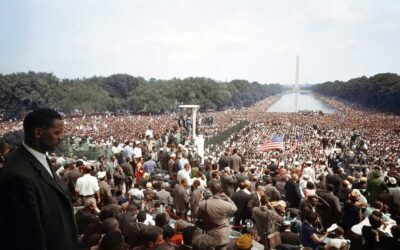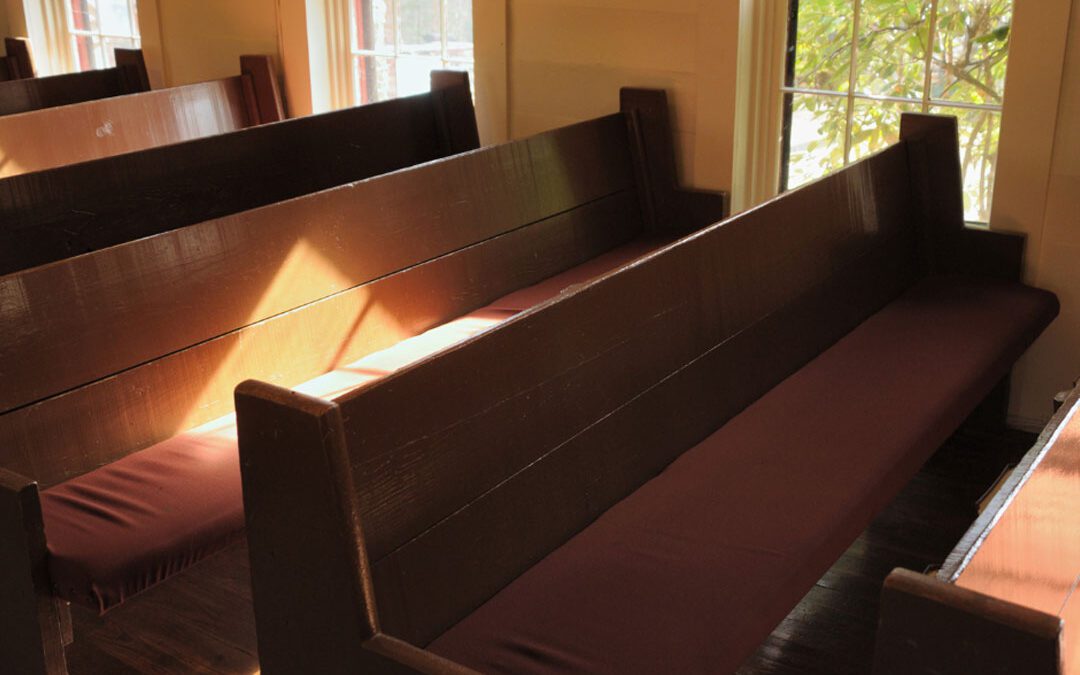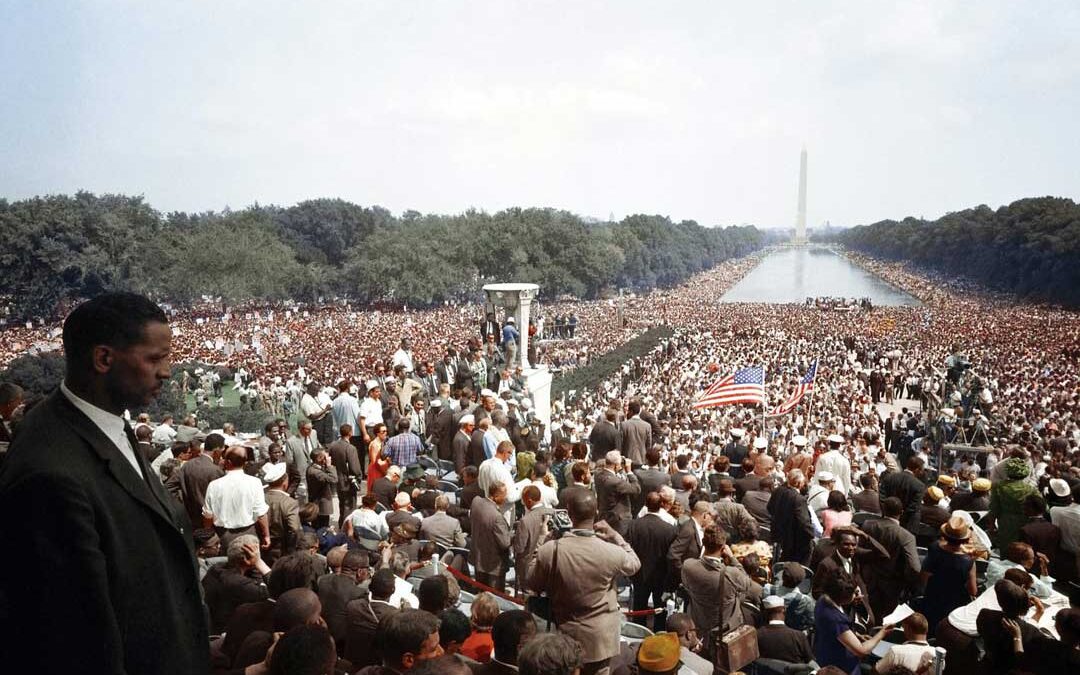Does the Bible discourage or even prohibit interracial marriage? For years in evangelical churches in the American South, sermons and tracts against interracial marriage were common. Many of the interracial couples I know personally have experienced resistance or outright hostility from extended family members who call themselves Christians and oppose interracial marriage. Where did this type of thinking come from?
A few passages in Scripture were used to oppose interracial marriage or promote the idea that some peoples are inferior to others. The most famous such passage is the so-called “Curse of Ham,” which we addressed at length. Other passages warn Old Testament Israelites not to take foreign spouses.
Look at the warning of Deuteronomy 7 about how the Israelites are to relate to the nations around them: “You must not intermarry with them, and you must not give your daughters to their sons or take their daughters for your sons, because they will turn your sons away from me to worship other gods. Then the Lord’s anger will burn against you, and he will swiftly destroy you” (3–4). The people of God were to follow Him, and part of that obedience meant staying distinct from neighboring nations.
There are a few problems with applying these passages to our contexts. The first is that our modern ideas of race and ethnicity do not correlate with the Bible’s use of ethnicity or nationality. Jarvis Williams explains more about that here. But the biggest problem is that the Kingdom of God today is not tied to a particular nation or people group.
Old Testament Israel was a people set apart for God, but its status was never based on ethnic hegemony. People of other nationalities were enfolded into the people of God, even under the Old Covenant and could rightly bear the title, “Israelite.” Ruth is held up in Scripture as an example of faithfulness and virtue, despite not being Jewish by birth. God takes the side of Moses’ foreign wife against her Israelite opponents (Numbers 12). Strangers and sojourners were welcomed to offer sacrifices to God in Numbers 15.
Obedience to God is the point of the prohibition against Israelites marrying foreigners. The issue is not their nationality or race, but whether or not they follow the Lord. Someone of any ethnicity could become Jewish by faith and religious practice, and other Israelites were then permitted to marry that person. When Jesus the Messiah came, the “come and see” religion of Old Testament Israel became the “go and tell” religion aimed at every tribe, tongue, and nation. Thus when the same warning against intermarriage shows up in the New Testament, it is not tied to nationality. Paul warns the Corinthians not to be unequally yoked with unbelievers (2 Corinthians 6:14). As in the Old Testament, the people of God are not to marry outside of the people of God.
Paul, who wrote that warning, wrote of being especially comforted by fellow Jews while in prison (Colossians 4:11). I can imagine that he enjoyed the familiarity of shared culture, experience, and perspective. But remember that this is the same man who severely rebuked Peter for withdrawing from table fellowship with gentile Christians (Galatians 2:11). We may enjoy fellowship with those within our ethnic or cultural groups, but when we do so to the exclusion of others, we are dangerously out of step with the gospel. Calls to stick with our own ethnicity have no place among the people of God.
This brings us back to the issue of interracial marriage. God is saving for Himself a diverse people from every tribe, tongue, and nation. God is making us a redeemed, multi-ethnic family. We rejoice to see individual multi-ethnic families within the body of Christ. Interracial marriage is not better than marriage between believers of shared ethnicity. But in a time when some who claim Christ’s name demean interracial marriage, we must defend it clearly. Efforts to segregate God’s people by nation or ethnicity run counter to God’s mission of salvation. God is saving a diverse people and we should remember that if that diversity makes us uncomfortable, we’re not going to like heaven very much.
Prayer Requests:
- Pray that God would remove attitudes of ethnic partiality from His people.
- Pray for Christians in interracial marriages to be encouraged and supported by the Church.
- Pray for the corporate witness of Christians in confusing times.
Related Resources:
- Loving Day in 1967, the Supreme Court struck down a Virginia law against interracial marriage in a case known as Loving v. Virginia. Richard and Mildred Loving were at the center of the case. They were from Virginia but married in DC, where interracial marriage was legal at the time. Read more












